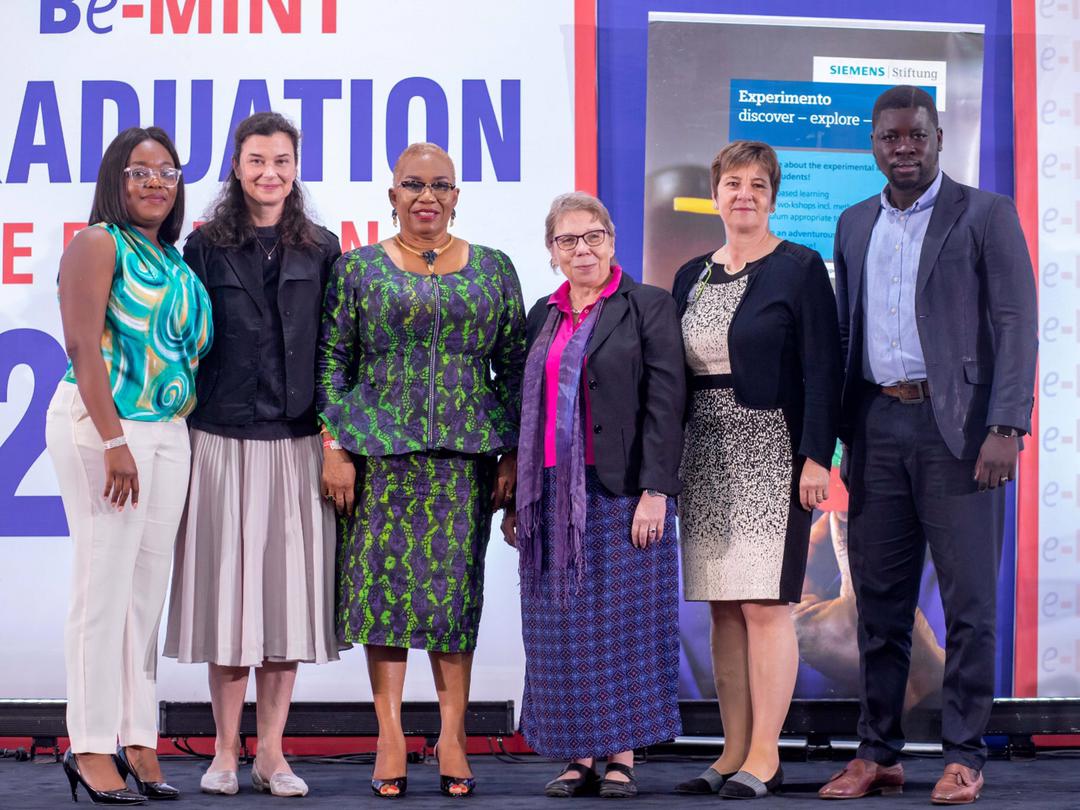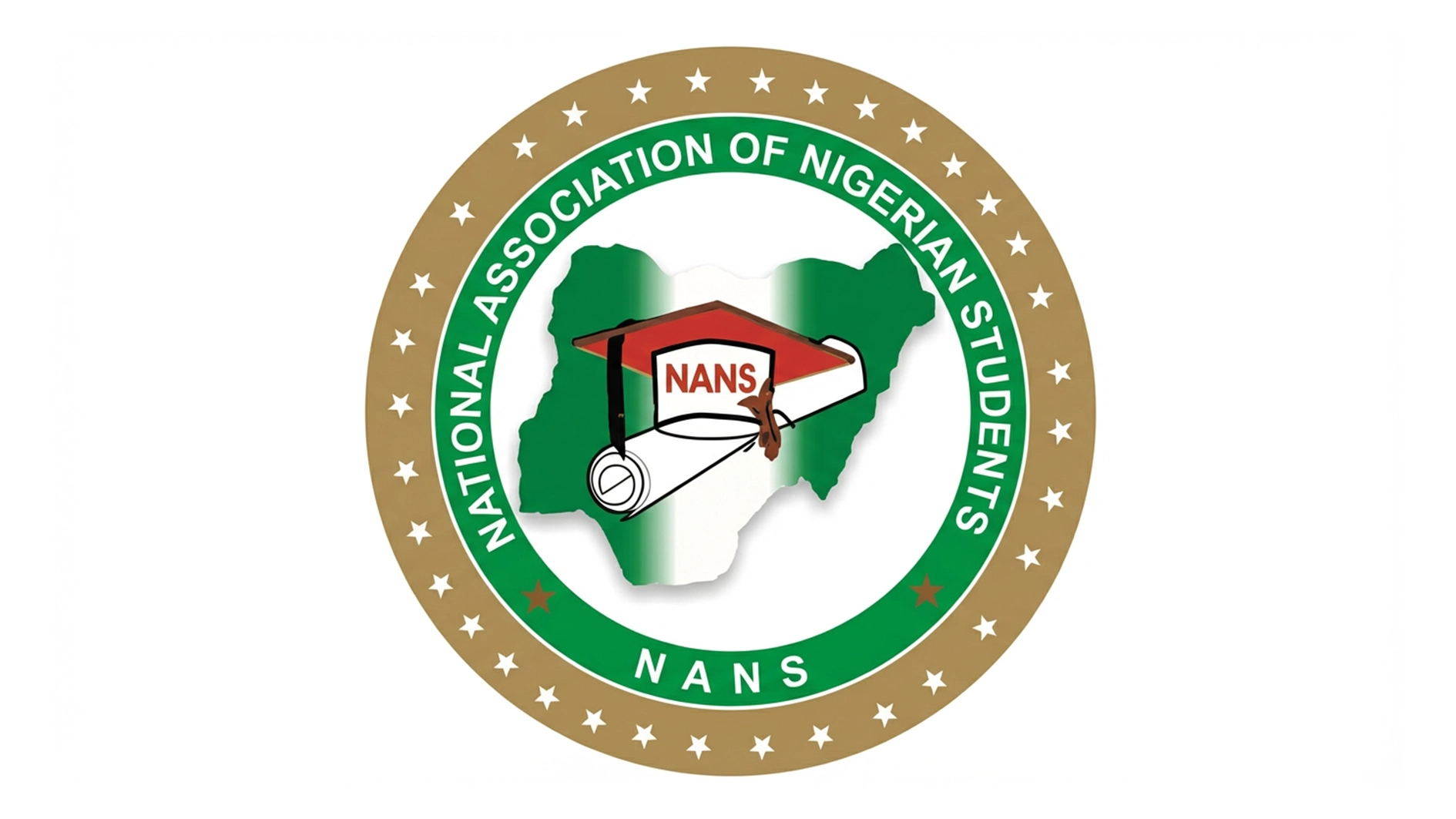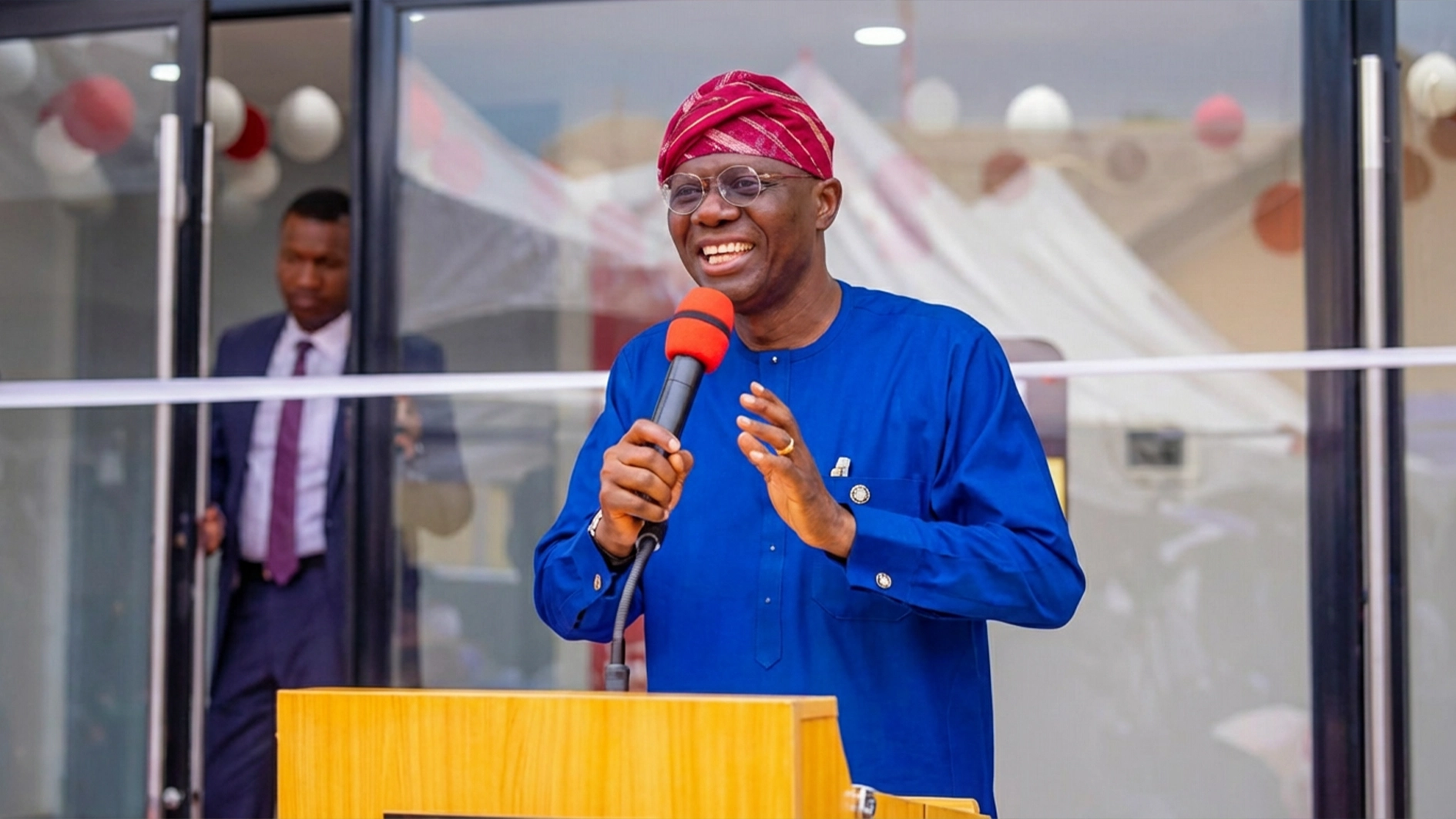
As part of its effort to promote digitalisation in the lives of youths in Nigeria, Siemens Stiftung in partnership with Empowering African Through Education Initiative (EAE) and others, have trained about 300 high school students and high school graduates in a first of its kind programme called, ‘Be-MINT’.
It also awarded students who performed extremely well in the programme.
The Be-MINT programme is the first of its kind, unique, fully hands-on information Technology (IT) learning project. The year-long training programme, which was funded by the German Federal Ministry for Economic Cooperation and Development, known as BMZ, trained 300 students as well as 60 teachers from low-income communities, to prepare them for the future of work.
“We are incredibly proud of the accomplishments of the beneficiaries. We were able to nurture their talents in their different areas of interest and we are proud to see them excel and tackle real-life challenges through innovation and problem-solving skills they acquired during the training,” Executive Director, EAE, Chinenye Ezeakor said.
Students also participated in Science, Technology, Engineering, and Mathematics (STEM) workshops to get insights into start-up fundamentals and honed their problem-solving and critical thinking acumen.
“Knowledge in STEM subjects is crucial to narrow the skills gap required to flourish in the digital and green economy. The project integrated the STEM approach with digital and life skills like teamwork, writing Curriculum Vitaes (CVs), and preparing for job interviews, thus creating a grounded workforce ready to take on the labour market,” Managing Director and Spokesperson of the Board of Directors at Siemens Stiftung, Dr. Nina Smidt said.
Smidt encouraged the students to continue to be enthusiastic and never to go astray. “They are the future, they are the next generation that will enter into the job market and also create the future of Nigeria. So best of luck and best of success to all of them,” she said.
In her keynote address on ‘Strengthening Employability of Youth in STEM Careers: A case for Vocationalise Secondary Education’, Dean of Distance Learning, University of Lagos (UNILAG), Prof. Uchenna Udeani, said STEM Education underpins the 2030 agenda for sustainable development and has brought about improvements in many aspects of life such as Health, Agriculture, Climate change and Energy Transitions.
She added that STEM is key in preparing students for the world of employment and enabling them entry into the in-demand STEM careers of tomorrow.
“To fully realise the potential of the technology at our fingertips, it is vital that we invest in our youths and address the skills shortage gaps in STEM that threaten to slow the pace of progress,” she stated.
Lamenting on the increased in youth unemployment in Nigeria and poverty levels despite the introduction of many educational reforms aimed at addressing these issues, Udeani called for a revision of the Nigeria curriculum for secondary education to make it more job-relevant, since most youths graduate from formal education at the end of their secondary school education. She also advised the beneficiaries to put all the skills acquired into appropriate use.
Project Manager, Nigeria, for the Be-MINT programme, Rebecca Ottmann, added that vocational training would enhance more in developing the skills of the youths and also for those who can’t afford to go to the university. “Vocational training will enhance the skills of the youths, there are an enormous percentage of youth who cannot afford to go to a university, so it’s best we expose them to vocational training at the very least.”
Delegate AHK Nigeria, Katharina Felgenhauer on her part said, “We seek to support and promote educational systems that focus on hands-on-learning as the ideal platform for training and youth development. With this in mind, we provided the Be-MINT programme with opportunities for internships at companies, thus enabling the attendees to gain workplace experience in preparation for joining the workforce in the nearest future.”






